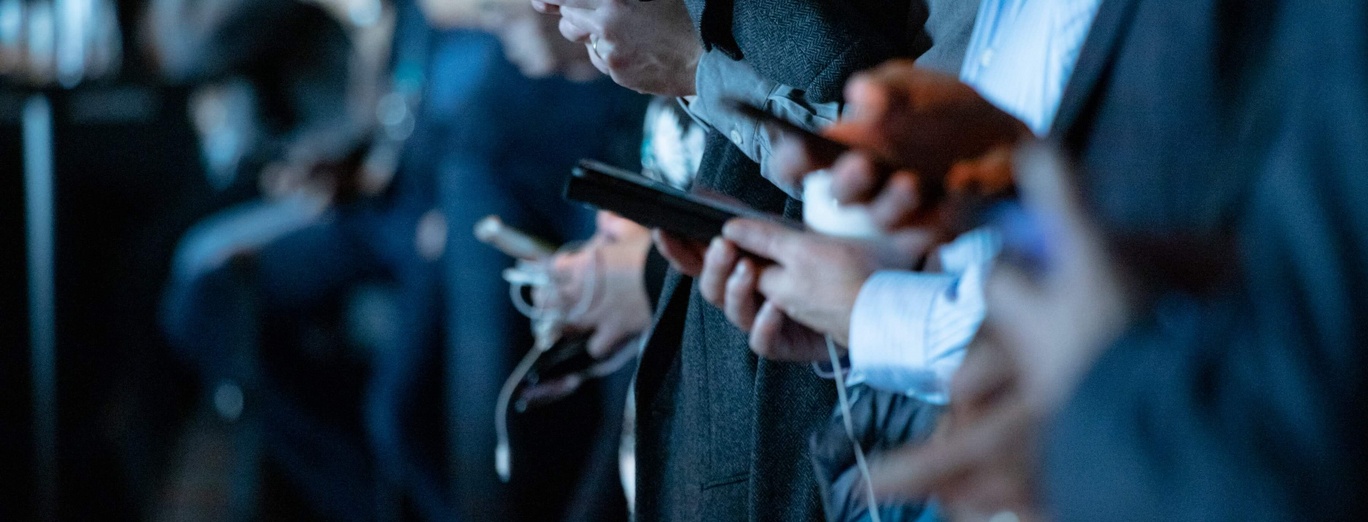Find out how Artificial Intelligence is used during Facebook Hackathon


Hackathons are somewhat traditional events in the company managed by Mark Zuckerberg where they have been organized for a decade. Such events constitute a great opportunity for the employees to seek new, interesting projects as well as take their minds off daily routines. There are countless examples of the solutions conceived of during hackfests i.e. facebook chat, video conferences, notes, ads on mobile devices, time-lapse videos on Instagram, safety reports during crisis situation or the already iconic “Like it” button. Needless to say, some of these solutions have met with an initial dose of skepticism from the employees.
The point of codefest, however, is not so much to build a fully functional tool within one day as to discuss some ideas that, after all, may be debated for weeks, and to check if they stand any real chance of implementation. As a common saying among Facebook employees goes: Code wins arguments.
Why Artificial Intelligence?
The 50th 24-hour Facebook hack day was an internal hacathon that took place on January 28th, 2016, at company’s headquarters in Menlo Park, Silicon Valley. The event was attended by several hundred participants and it oscillated around four main areas, among which the one devoted to Artificial Intelligence gained priority over the others. Such focus was by no means fortuitous. Despite the fact that Facebook’s owner sees in AI many possibilities of future development in both new technologies and everyday life, the field is important to him also for personal reasons. Every year Zuckerberg publically heralds a challenge to which he would like to put his mind in the nearest future – this year he informed that he would like to create a system based on AI that would be capable of managing his house. Another reason behind this year’s hackathon’s focus is the fact that, though many Facebook employees are interested in AI, more often than not they do not know how to put it to practical use. Surprisingly enough, most of them are not even aware that there is a special group at Facebook researching AI!
Therefore, as Facebook’s programmer Vincent Cheung says, the AI group has prepared a range of presentations in which it has informed the employees not familiar with this issue about the current level of AI development and the possibilities it may bring in the future. The main aim of this undertaking was to provide the interested employees with tools through which – hopefully – new innovations connected with countless Facebook apps may occur.
What are the benefits?
In addition to the one that comes first to mind, namely the ability to develop completely new solutions that would stand a tangible chance of implementation, there are many more other benefits. Undoubtedly cooperation is one of them – during codefests employees have the opportunity to work hand in hand with people who they have never worked with or even talked to before. Such an event facilitates openness, stronger bonds within the organization as well as a fresh look on outstanding problems. It is also a perfect chance for an extraordinary social meeting – a popular story connected with hackathons says that during 2009 Pedram Keyani hackathon one of the initiators of programming marathons, together with other employees, emptied within a few hours a portable kegerator (a portable beer distributor) and, tired by all-night coding, asked Mark Zuckerberg to let him have a nap in a hammock hung in the garden of Zuckerberg’s house.
The atmosphere at hackathons may be pretty laid-back but it does not mean that work performed during such events is less effective. On the contrary, if somebody wants to, for example, join a group working currently on a new Messenger function one may do just that. You do not need to ask anybody for permission or wait for any formal decision; instead you are just given code access and, should you have any conclusions, remarks or observations, they will be definitely taken into account. Such strategy is very productive and may bring unexpected results. Usually participants start their work in the afternoon and continue until the next day; everybody gets a special T-shirt and a meal. Very often the groups formed during a hackathon work together in the following weeks so as to present at some point their solutions to wider audience.
(up-to-date information about Facebook hackathons may be found here)